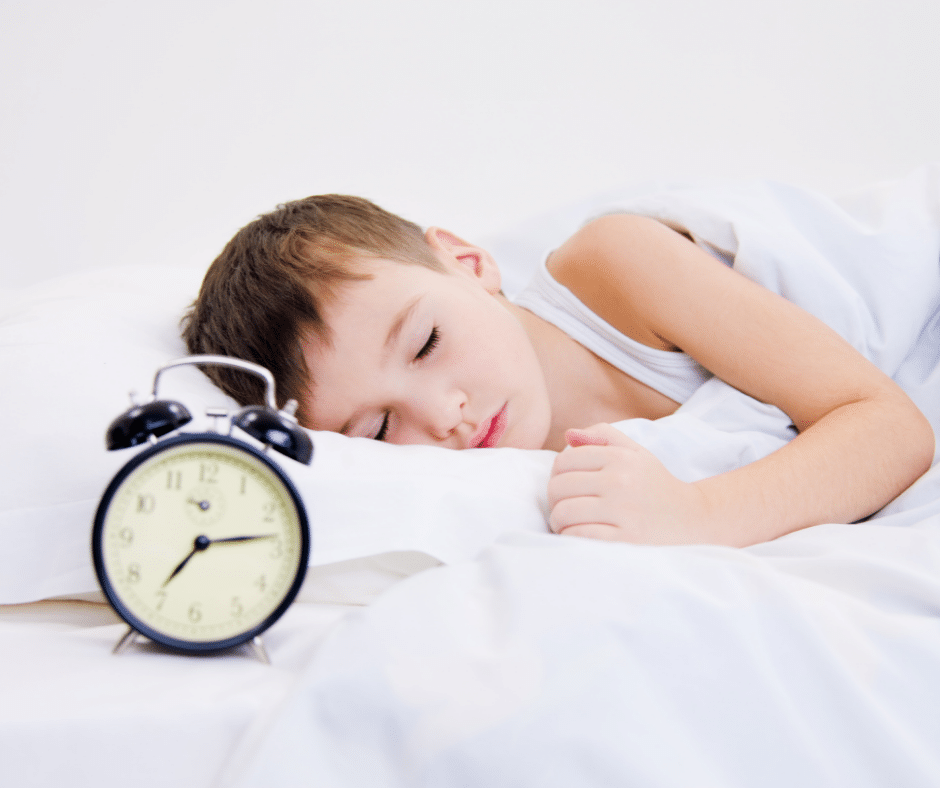At some point, all babies will have to learn how to sleep in their own bed. Whether you are in the family way right now or have an older child with young children of their own it is important for both parents and children to understand the importance of a good night’s sleep. Parents are often the last to get a good night’s rest while working hard to provide for their children.
The following article will address some of the effects that lack of sleep has on parents and children alike. It also offers some helpful hints in order to make this transition go smoothly and prevent your baby from becoming too riled up at bedtime.

The Importance of Sleep for Babies and Parents
A baby’s sleep patterns are in no way similar to those of adults. With so much development taking place all day long, it is easy to see why babies need their rest even more than the average adult does. It has been scientifically proven that not getting enough sleep can lead to devastating consequences for both the baby and parents.
Children need sleep in order to grow properly. As stated before, they are doing a lot of growing during their first few years which requires them to spend most of their time napping or sleeping at night. If babies are not getting enough rest this could lead to long-lasting mental damage.
Many parents need their rest too. Not getting enough sleep could lead to mood swings, depression, weight gain or loss, and other conditions that affect your overall state of health.
Tips for Raising Independent Sleepers
With the lack of sleep affecting both adults and babies in our society today, it is hard to determine who needs help more. Both parties need to find a way to get the rest they need in order to be ready for those hectic days ahead.
Tricking your baby into sleeping independently
No matter how much time and effort is put into getting children on a sleep schedule, some babies just refuse to sleep alone. Although this may seem like an impossible task it is important that children sleep in their own beds as early as possible.
Start by transitioning them into a toddler bed or crib that is more like their own space. Once you notice the baby feeling comfortable getting into and out of bed on his or her own, it is time to start moving further away during bedtime.

It is important that the transition take place over a short period of time. Remember that the goal is to make the baby feel comfortable enough to go to sleep on their own.
If your baby is growing tired of being rocked to sleep, it may be time to move things around a little bit. Try not rocking them as much or longer than usual before laying them in bed. As they start to fall asleep, lower them into bed rather than picking them up out of their crib or bed.
They may wake up in the process and become confused about where they are but it is important that you do not give in. If you respond every time your baby wakes up at night, he or she will never learn how to go back to sleep on their own.
Parents should only respond after the allotted time has passed. It is important to follow through with your word no matter how much crying or fussing may take place. Your baby will get used to this new routine and begin sleeping in their bed more often over a short period of time.
